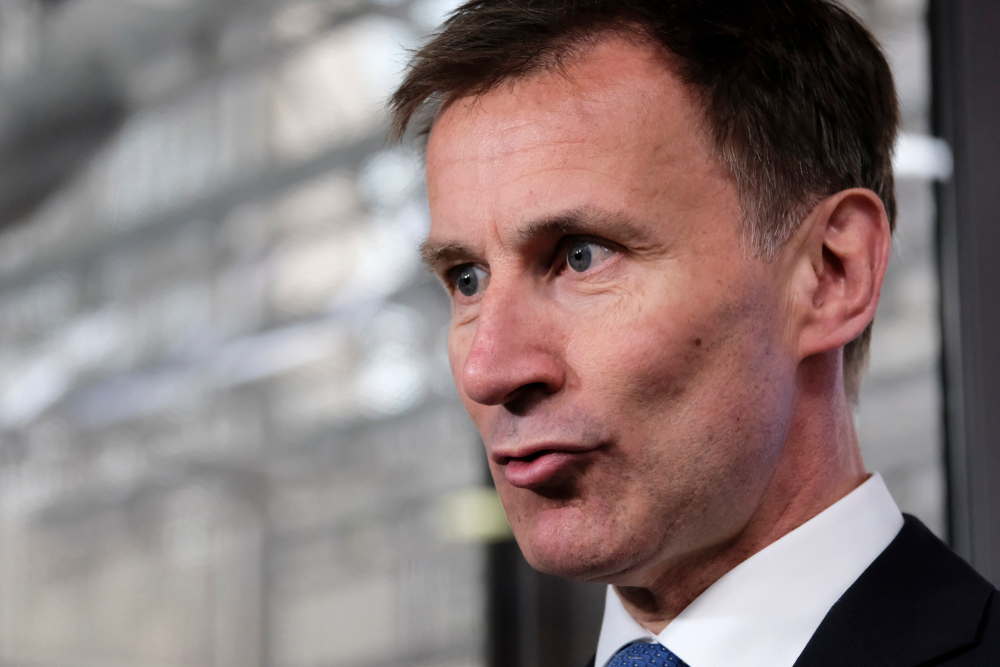However tough the financial regime has been for 2022/23, it is set to get even tougher in the next two years – in which the NHS is expected to deliver £12 billion in “efficiency savings”, while reducing waiting times and waiting lists.
While some local issues may also play a role, research from the Lowdown finds that all ICBs are confronted with a similar set of problems, and seeking ways to cope with inadequate resources – beds, staff, diagnostic services, mental health capacity and of course funding.
The problems itemised in nearly every ICB include:
- Assumptions of inflation at 1.8% (the official prediction of 2.9% minus an “efficiency” target of 1.1%) – while actual inflation continues in double digits, and no costs are coming down.
- Large numbers of beds filled with Covid patients (for whom almost all funding has now ceased): 4,585 front-line English hospital beds were filled by Covid patients as of May 3, with 370 in East of England, and 846 in London. But while these beds are not available for routine and emergency patients, additional funding for Covid has been largely or completely ended.
- thousands more beds (throughout March over 13,000 in England, more than one in eight of England’s 95,200 occupied acute beds) filled with patients who are medically fit but cannot be discharged for lack of community health and social care: on March 31 there were 992 in East of England acute hospitals and 1,451 in London – just under one in ten occupied beds. This again hampers efforts by trusts to meet tough targets to increase numbers of elective patients treated and reduce the 7.2m waiting list.
- under-funded pay awards,
- staff shortages (forcing up spending on agency staff, in many cases well above the “cap” imposed on agency spending by NHS England, or in some cases expansion of the trusts’ directly employed workforce to reduce spending on temporary staff.)
- Failure of NHS providers to meet tough targets for “efficiency savings” in 2022/23, (or sometimes imaginary assumptions or unassigned savings) along with almost universal over-reliance on one-off “non-recurrent” measures and budgetary fiddles, which leave an underlying deficit rolling in to an even tougher 2023/24.
Read the East of England summary
Read the London summary
Read our previous report which looked at board papers for 21 ICBs in North East and Yorkshire, North West, South East and South West.
The latest round-up covers East of England and London, with a survey of Midlands ICBs to follow.
Last autumn NHS England warned ministers before the budget that it faced a £7bn deficit for 2023/24. Chancellor Jeremy Hunt’s response in the Budget was to increase spending by less than half this amount.
The HSJ, with the benefit of leaked information, revealed early in March that the first drafts of ICB plans for 2023/24, which projected a combined deficit of £6 billion, had been rejected by NHS England. This has also been described by Cambridgeshire & Peterborough ICB Board papers:
“At draft plan stage the collective NHS deficit submissions were over £6 billion with 4 regions over £1 billion deficit. The East of England region had a cumulative deficit of approx. £440m with deficits ranging from £57m to £107m.” (p21)
The HSJ followed up on April 12 with news that revised plans adding up to a £3bn deficit had also been rejected, with the planning for 2023/24 finances pushed back towards the summer.
The Lowdown has reported how back in November NHS England set up tough new rules to deter ICB finance chiefs from giving early reports of any negative change in their financial situation – effectively encouraging ICBs to cover up reality and delay any unpleasant news (and any consequences) until the last minute.
The upshot once again is that NHS England, their heads firmly in the sand, refusing to admit the impossibility of its demands, is effectively once again telling ICBs to make up figures and submit unachievable plans, pretending that they can achieve literally incredible “efficiency savings”.
Dear Reader,
If you like our content please support our campaigning journalism to protect health care for all.
Our goal is to inform people, hold our politicians to account and help to build change through evidence based ideas.
Everyone should have access to comprehensive healthcare, but our NHS needs support. You can help us to continue to counter bad policy, battle neglect of the NHS and correct dangerous mis-infomation.
Supporters of the NHS are crucial in sustaining our health service and with your help we will be able to engage more people in securing its future.
Please donate to help support our campaigning NHS research and journalism.


